Bringing History to Life Through Costume
If there’s one thing Bolanle Austen-Peters does effortlessly, it’s making history feel alive. With House of Ga’a, she doesn’t just give us a history lesson about a powerful and feared 18th-century Yoruba chief; she brings that world to life. And one of the quietest but most powerful ways she does that? Through costume.
If the characters had been dressed in everyday traditional wear, it would have watered down the powerful effect of the movie on the audience. The film would have lost much of its power and presence.
Costume as Storytelling in House of Ga’a
A lot of people who watched the film (and even those who reviewed it) focused on the storyline, the acting, or the set design. Rightfully so. But if you take a closer look, you’ll realise the clothes in House of Ga’a are doing a lot of the storytelling too, and not just for style’s sake. In a world where reclaiming African identity is more important than ever, BAP is intentional about every detail. Costume is one of them.
Layers of Power: Ga’a’s Regalia
In a recent interview with Tribune Online, BAP shared her belief in telling African stories with authenticity and excellence. From Moremi the Musical to Funmilayo Ransome-Kuti, her projects don’t just inform, they honour. And House of Ga’a fits right into that vision.
When you see Ga’a dressed in layers of aso-ofi with intricate embroidery, it’s not just to show that he’s important; it’s to reflect how power was worn, feared, and even worshipped in that era.
The Alaafin’s beads, the queen’s coral accessories, the village women’s wrappers — these aren’t just costumes. They are culture. They carry memory. They tell us who’s who, who’s feared, who’s respected. You can feel the weight of history just by looking at what the characters wear.
Color, Texture & Symbolism
Red might signal danger or power. White signifies peace, purity, or spiritual depth. Beads tell you a person’s lineage or social standing. It’s a full language on its own. So when BAP and her costume team made choices for each character, they weren’t just thinking fashion, they were thinking meaning.
Critical Acclaim for the Costumes
One review on Rinzy Reviews put it perfectly: the film “portrays power in every detail.” Even WhatKeptMeUp mentioned that the palace scenes had “a majestic air.” And it’s true. The regalia. The richness of the fabrics. The way people are dressed says as much as the dialogue itself.
If you’re familiar with Yoruba culture, you already know that clothes are never just clothes.
The Quiet Power of Fabric Memory
House of Ga’a isn’t just about reviving a story; it’s about restoring the dignity in how that story is told. It’s about showing that African history, with all its layers and flaws and glories, deserves to be told beautifully. Not just through powerful monologues or dramatic scenes, but in what the characters wear, because even our fabrics carry memory.
So maybe the costume design isn’t what everyone’s talking about after watching House of Ga’a. But it’s doing its job quietly, reminding us of who we are, where we come from, and how powerful our stories look when we wear them well
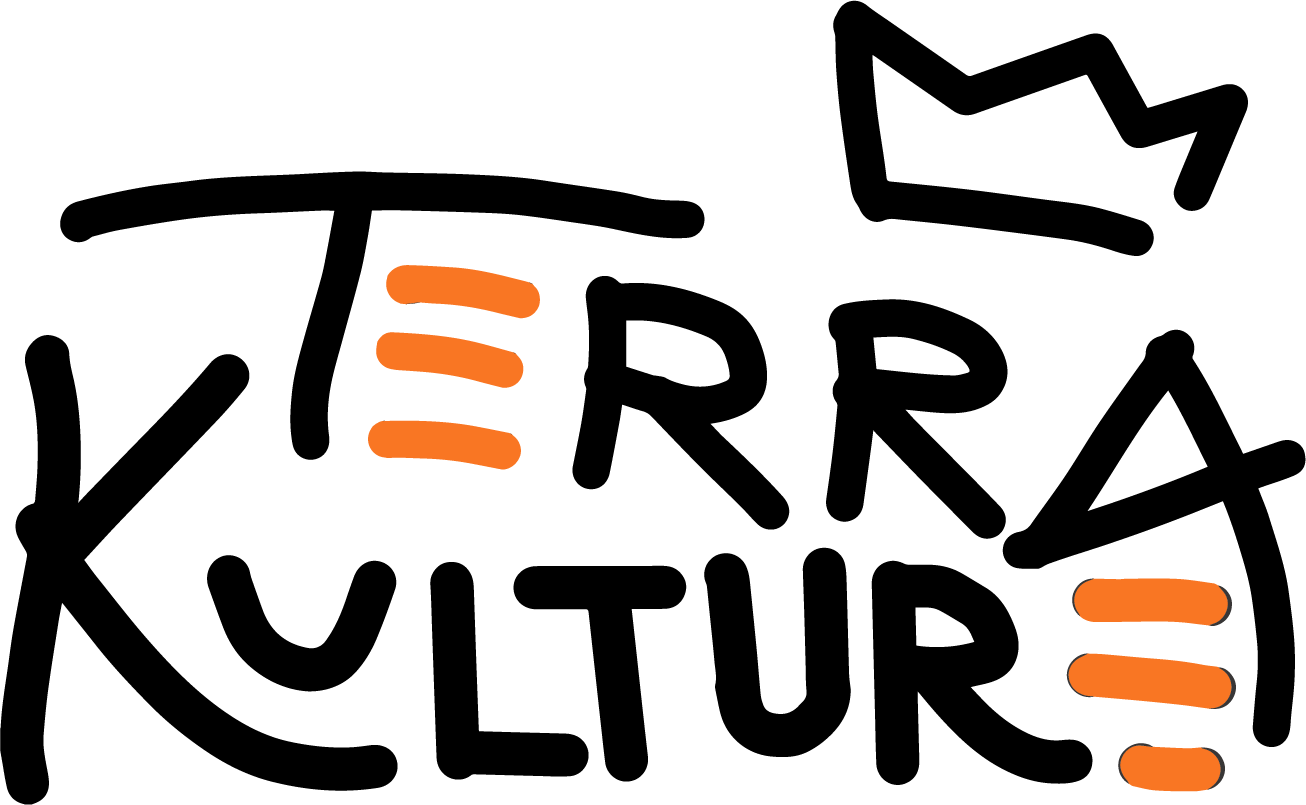
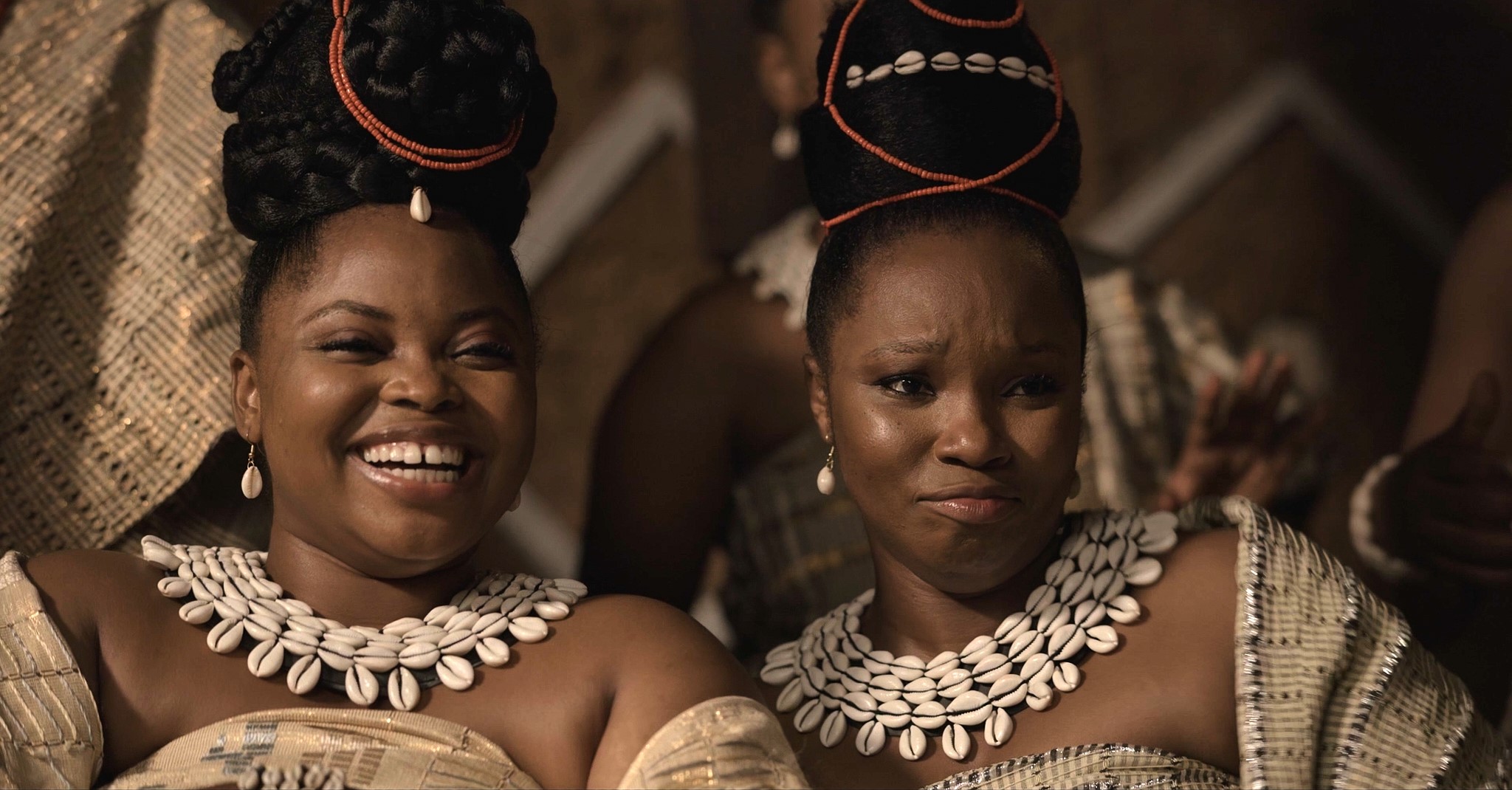
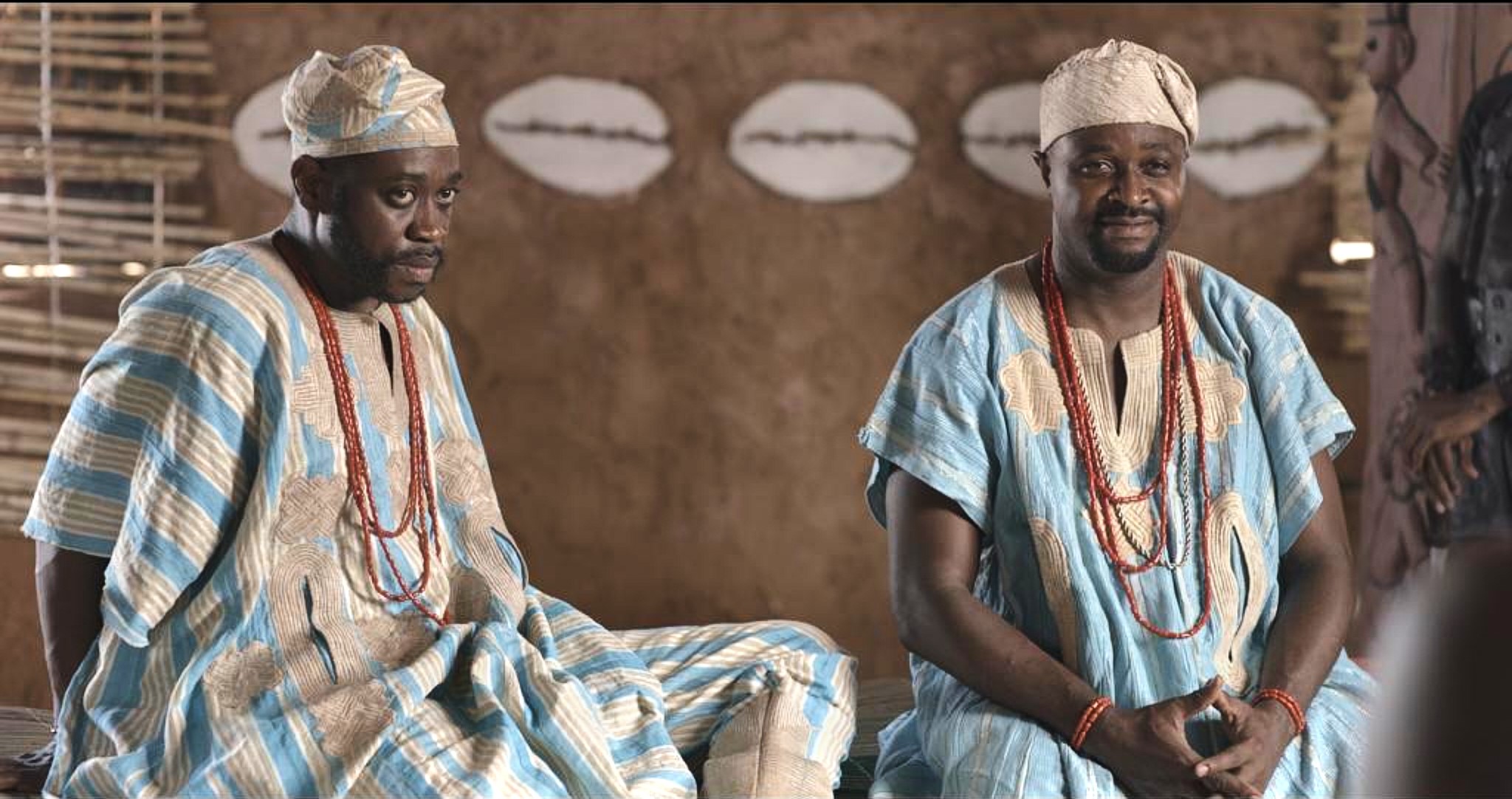
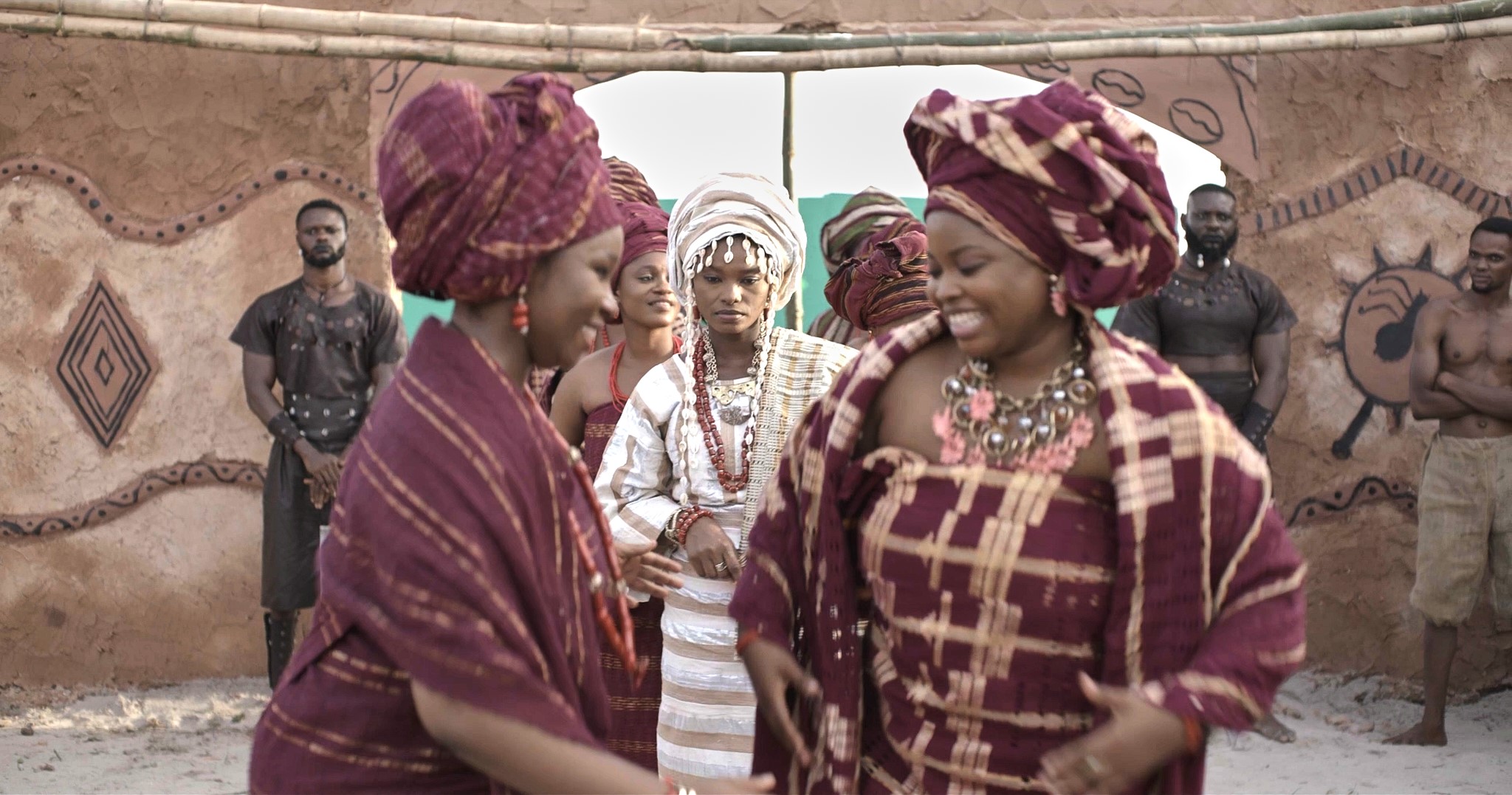
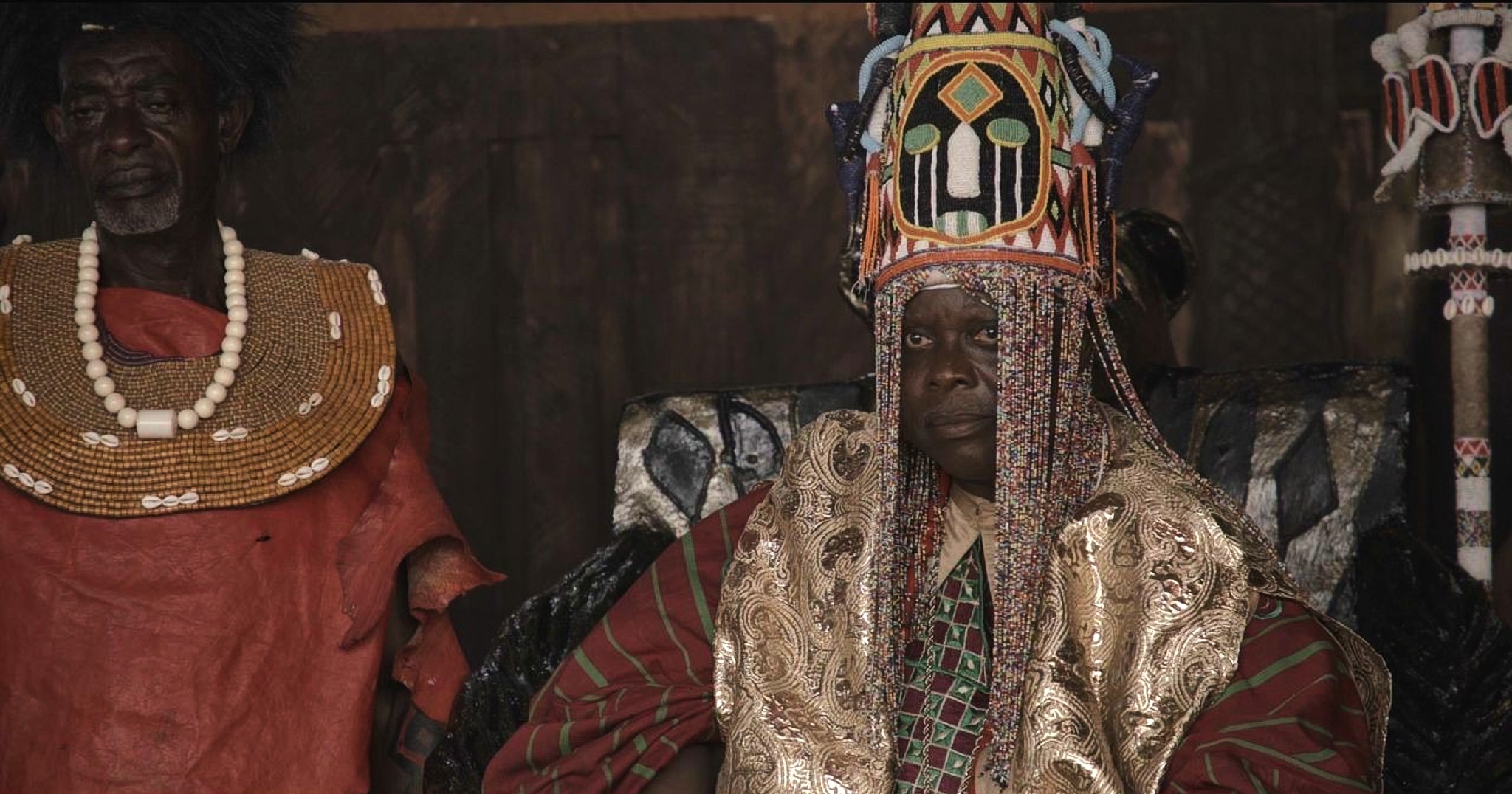
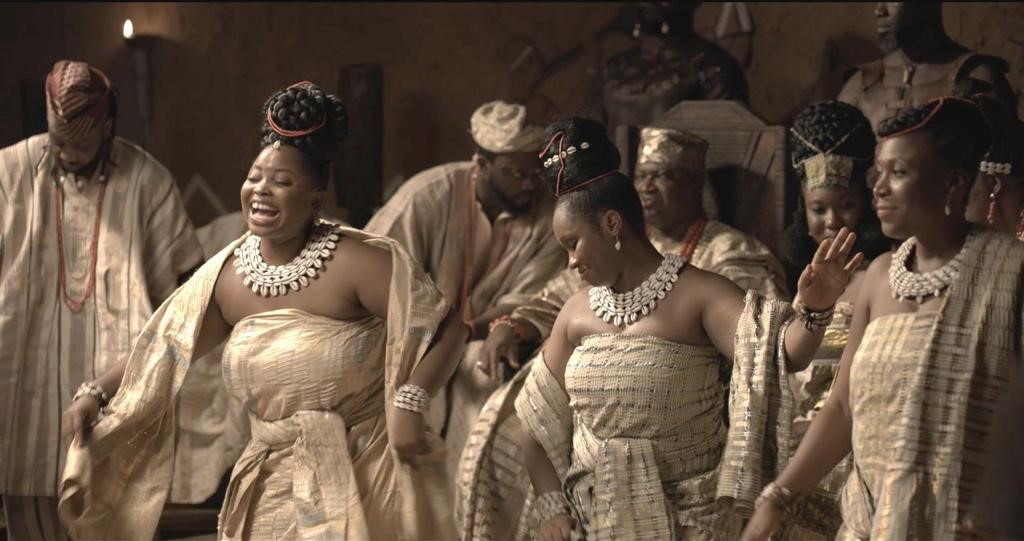
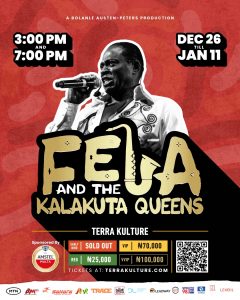



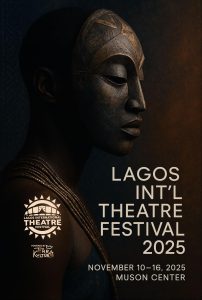



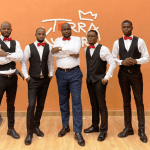
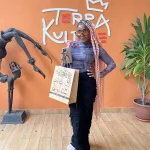



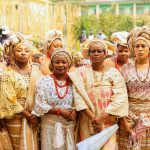


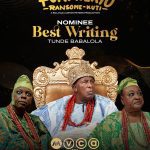

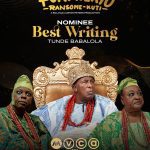

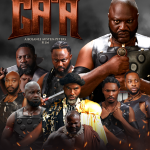
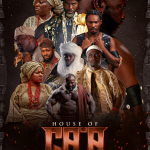





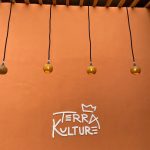

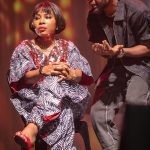
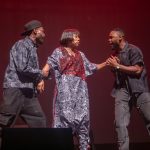

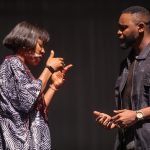
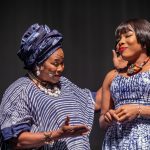


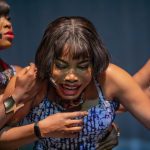


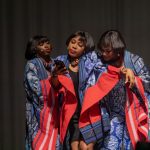

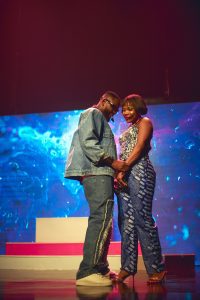
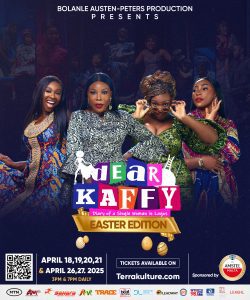
0 Comments